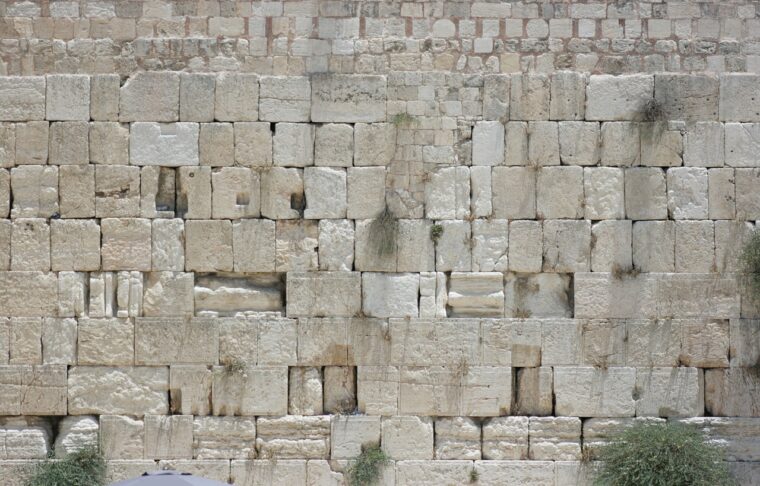Tammuz 17 – Transforming mourning into something positive

The 17th of Tammuz is a day of mourning, fasting and introspection instituted in memory of the rupture of the walls of Jerusalem which led to the destruction of the Great Temple of Jerusalem on two occasions: the first one, by Nebuchadnezzar (Nabuconodosor) of Babylon, on Av 9, 423 BCE; the second, by Titus Flavius Vespasian of the Roman Empire, on Av 9, 68 CE.
We do not eat or drink from dawn until the stars come out. From this date, the weeks of Ben Hamesarim begin (stage of mild mourning behaviors for the destruction of the Great Temple of Jerusalem, until Tisha B’Av).
The Mishnah, Ta’anit 4:6 points out the events that occurred on this date:
“Four negative events happened to our ancestors on Tammuz 17 and five on Tisha B’Av. On the 17th of Tammuz the Tablets of the Law were broken [when Moshe came down from Mount Sinai and saw the people worshiping the Golden Calf]. The Tamid [the daily offering which represented the continuous service in the Great Temple of Jerusalem] was annulled, shortly before the destruction of the first and second Great Temple. The city walls [of Jerusalem, preamble to the destruction of both the first and second Great Temple] were breached. An enemy general named Apostomus burned the Torah [they placed a statue in the Sanctuary to publicly humiliate the Jewish people]”.
All these events are related to the destruction of the Great Temple in Jerusalem and the attempts to destroy the Jewish people. In fact, the intent of the persecutors was to defeat the spirit of dignity inherent in human beings and forcefully impose a non-Torah way of life. The final objective was the dissolution of the eternal values of freedom, fraternity, goodness, mercy, love, justice and respect so that the law of the strongest would triumph.
In this context, the Jewish people lose their territorial (sovereignty over the Land of Israel) and spiritual (the Great Temple of Jerusalem) home; but they never lose the values that guide them in history. We can learn from that example: we should continue on the path of the Torah, spreading the values and ideals that help humanity to progress and get closer to God, even experiencing adversity.

